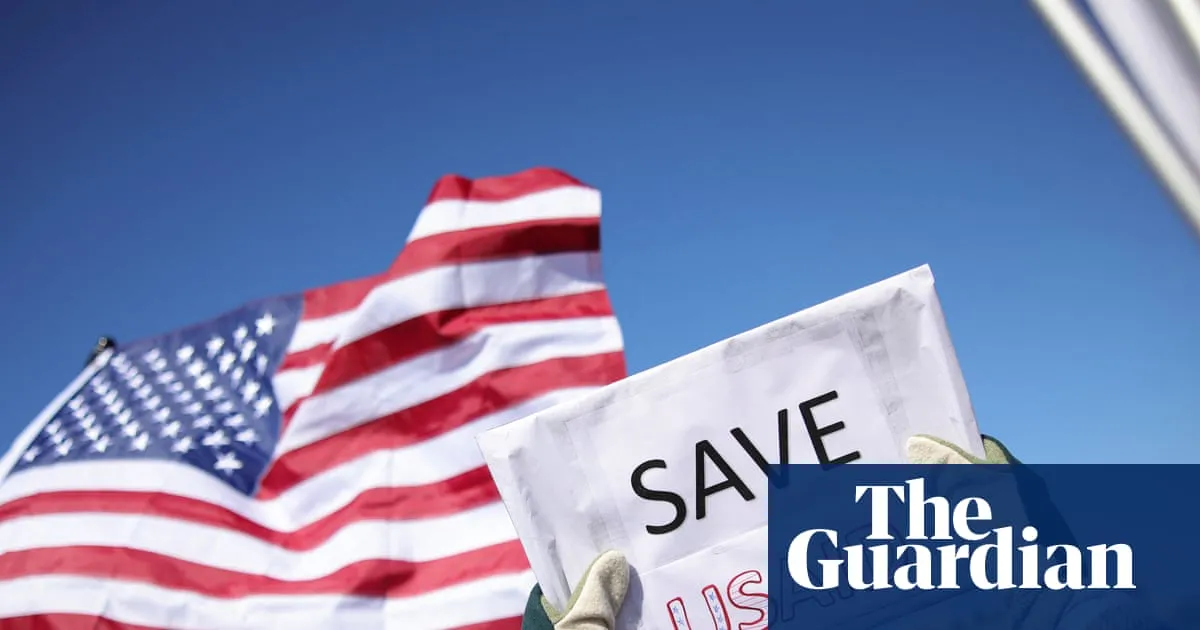
Donald Trump has communicated to House Speaker Mike Johnson his decision to withhold $4.9 billion in congressionally approved foreign aid, effectively cutting the budget without going through the legislative process. In a letter sent to Johnson on Thursday, Trump is employing a tactic known as a “pocket rescission”. This strategy allows a president to submit a request to Congress for not spending approved funds towards the end of the fiscal year, ensuring that the legislature cannot act on the request within the 45-day timeframe, resulting in the money remaining unspent.
This maneuver marks the first time in nearly 50 years that a president has utilized a pocket rescission. As the fiscal year draws to a close at the end of September, the implications of this decision are significant. The letter detailing the funding cuts was posted on Friday morning through the official X account of the White House Office of Management and Budget. It specified that the funding would be eliminated from the State Department and the U.S. Agency for International Development (USAID), which has been an early target of Trump's initiatives to reduce foreign aid spending.
The last instance of a pocket rescission occurred in 1977 under then-President Jimmy Carter. The Trump administration asserts that this tactic is legally permissible. However, if this approach becomes a standard practice by the White House, it could effectively bypass Congress on crucial spending decisions, thereby wresting some control over budgetary allocations from both the House and Senate.
The 1974 Impoundment Control Act grants the president the authority to propose the cancellation of funds approved by Congress. While Congress has the option to vote to either retract or uphold the funds, by proposing the rescission so close to September 30, the White House ensures that the money will lapse unspent, thus avoiding legislative debate.
Previously, Trump sought congressional support for rescissions and successfully garnered approval in July when both the House and Senate agreed to $9 billion worth of cuts. These rescissions targeted funding for public broadcasting and foreign aid. The Trump administration has made significant reductions to foreign aid a cornerstone of its policy, despite the relatively small savings in relation to the national deficit and potential harm to America's global reputation as foreign populations face diminished access to essential food supplies and development programs.
In February, the administration announced plans to eliminate nearly all USAID foreign aid contracts and cut $60 billion in overall assistance abroad. Since then, USAID has been largely dismantled, with its remaining programs being transferred under the control of the State Department. Furthermore, on Wednesday, the Trump administration appealed to the Supreme Court to halt lower court rulings that have preserved foreign aid, particularly for global health initiatives and HIV/AIDS programs, which Trump has sought to freeze.
The New York Post was the first to report on this significant use of a pocket rescission, highlighting the potential ramifications for both domestic and international policy as Trump continues to reshape U.S. foreign aid strategy.